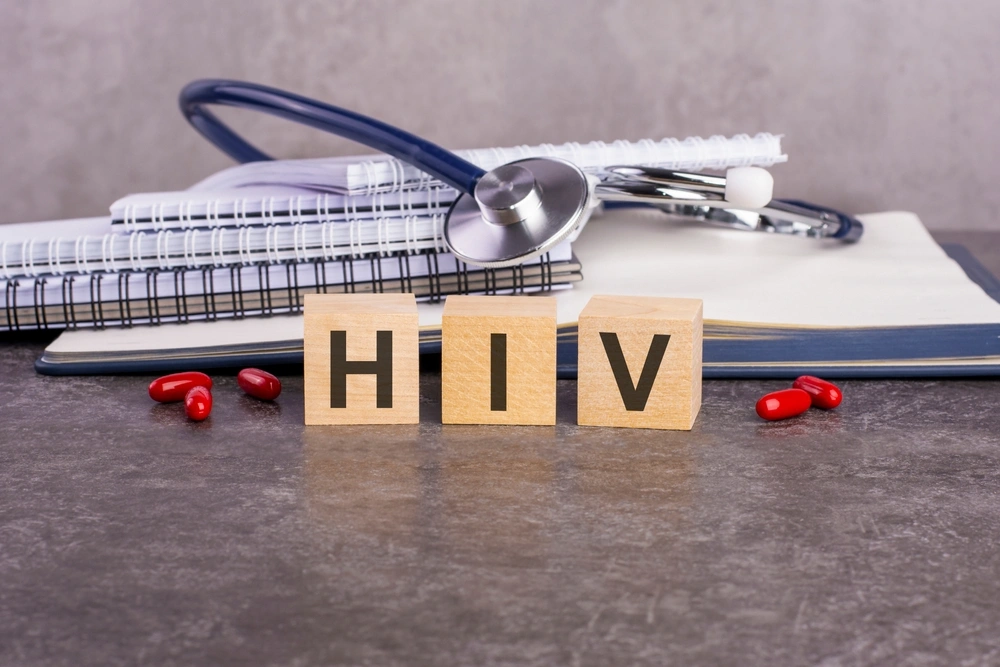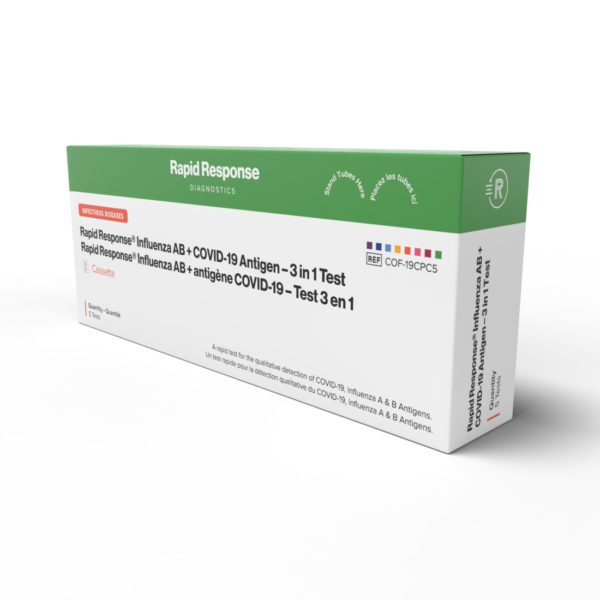When people lack accurate information, their minds often create false beliefs that they come to accept as truth. This is especially true when it comes to how they perceive and interact with individuals living with HIV.
In a world where HIV continues to affect millions, overcoming the stigma attached to it is more important than ever.
Let’s explore the various aspects of HIV stigma—what the myths are, what it is, why it’s harmful and crucially, how we can combat it.
5 Common HIV myths
Here are five common HIV myths and the facts that dispel them.
1. HIV can be transmitted through casual contact.
HIV cannot be spread through everyday activities such as:
- Hugging
- Shaking hands
- Sharing utensils
- Using the same toilet
The virus is not transmitted through:
- Sweat
- Saliva
- Tears
HIV is only spread through specific bodily fluids, such as:
- Blood
- Semen
- Vaginal fluids
- Rectal fluids
- Breast milk
Lastly, you can get this virus by:
- Unprotected sex
- Sharing needles
- During childbirth or breastfeeding
2. Only certain groups of people are at risk of HIV.
HIV does not discriminate by gender, race or sexual orientation. While certain groups, such as men who have sex with men or intravenous drug users, may have a statistically higher risk of exposure due to certain behaviors, anyone who is sexually active or shares needles can potentially contract HIV.
3. HIV is a death sentence.
With modern antiretroviral therapy (ART), HIV is no longer a death sentence. People living with HIV who have access to proper treatment can live long and healthy lives.
4. People with HIV cannot have children safely.
If you’re on effective ART and have an undetectable viral load, the risk of transmission during conception, pregnancy, and childbirth is extremely low. Medical professionals can also provide guidance to reduce risks even further, including in cases of breastfeeding.
5. HIV always progresses to AIDS.
Not everyone with HIV develops acquired immunodeficiency syndrome (AIDS). With early detection and consistent ART, HIV can be managed as a chronic condition without progressing to AIDS.
What is HIV stigma?
HIV stigma refers to the negative beliefs, feelings and attitudes towards people living with HIV or AIDS. This social stigma is rooted in fear and misunderstanding about the virus and its transmission, often fueled by myths and misinformation.
It manifests in various forms, including:
- Discrimination
- Rejection
- Prejudice against those affected by HIV
The stigma not only affects those who are living with HIV but also hampers public health efforts to combat the virus, as it can discourage people from the following:
- Getting tested
- Seeking treatment
- Disclosing their status
Why is overcoming HIV stigma important?
Overcoming HIV stigma is crucial for several reasons, including:
- Reducing mental health issues among HIV-positive individuals by fostering a supportive and understanding environment
- Improving the overall quality of life for those living with HIV by making it easier for them to seek care and support.
- Encouraging more people to get tested for HIV
- Facilitating early diagnosis and treatment
If you have HIV, how can you combat internalized stigma?
For those living with HIV, the battle is not just with the virus, but with the silent shadows of internalized shame.
If you have HIV, here are five things you can do to address it.
1. Educate yourself.
Keep in mind that HIV is a manageable condition. It doesn’t define your worth and having it doesn’t prevent you from living a fulfilling life.
2. Seek emotional support.
Support groups, counseling or communities for people living with HIV provide safe spaces where you can share their stories, listen to others, and realize that you’re not alone. Having trusted friends, family, or therapists who provide non-judgmental support is equally important for your emotional well-being
3. Challenge negative self-talk.
Internalized stigma often manifests as harmful self-talk or beliefs, such as:
- “I am less valuable”
- “I am not deserving of love.”
- “I’ll always be rejected because of my HIV status”
Recognizing these thoughts and actively questioning them can help you reclaim your self-worth. Look into techniques such as cognitive behavioral therapy (CBT) to reframe negative thought patterns.
4. Practice self-compassion.
Remind yourself that you’re worthy of love, respect and happiness. Shift your focus from your perceived limitations into strengths by:
- Practicing self-care
- Engaging in mindfulness
- Celebrating personal achievements
5. Share your story.
When ready, sharing one’s experience can be an empowering way to combat stigma. By telling your story, you can challenge misconceptions and humanize the condition.
If you don’t have HIV, how can you overcome HIV stigma?
Here are different ways that you can effectively help in overcoming HIV stigma:
- Educate yourself and others about HIV transmission and prevention
- Show support to people living with HIV through advocacy and solidarity
- Engage in open conversation to normalize discussion about the virus
- Challenge myths and misconceptions in social settings
How can communities overcome HIV stigma?
On a bigger scale, here are ways for communities to help in overcoming HIV stigma:
- Promote inclusive policies and practices
- Create environments where everyone feels valued and supported
- Implementing educational programs that target myths and facts about HIV
What role do healthcare providers play in overcoming HIV stigma?
Healthcare providers offer non-judgmental care and support to HIV-positive patients and see to it that they feel respected and valued. They’re pivotal in:
- Providing accurate and up-to-date information about HIV
- Encouraging confidential HIV testing and counseling services
- Participating in community education to contribute to public understanding of HIV
How does overcoming HIV stigma benefit society?
When judgment fades, it’s easier for a society to be more accepting of the reality of HIV. Here are the benefits of overcoming HIV stigma:
- Increases access to HIV prevention, testing and treatment services
- Reduces new HIV infections
- Promotes a more inclusive society
- Strengthens public health efforts against HIV and AIDS
Frequently asked questions
What are effective strategies for overcoming HIV stigma?
Effective strategies include education to dispel myths, promoting empathy by sharing personal stories and advocating for equal rights and treatment for individuals living with HIV.
How can individuals living with HIV combat internalized stigma?
Individuals can combat internalized stigma by seeking supportive counseling, joining support groups, focusing on personal strengths, and educating themselves about HIV.
What role do healthcare professionals play in reducing HIV stigma?
Healthcare professionals reduce HIV stigma by providing non-judgmental care, educating patients and communities about HIV, and advocating for policies that support individuals living with HIV.
How can social media be used to fight HIV stigma?
Social media can be used to fight HIV stigma by spreading accurate information, sharing stories of individuals living with HIV to humanize the condition, and creating supportive online communities.
What impact does HIV stigma have on public health?
HIV stigma undermines public health efforts by discouraging individuals from getting tested or treated, leading to higher transmission rates and preventing effective management of the virus.
Key takeaway
Overcoming HIV stigma not only improves the lives of those affected but strengthens public health efforts and builds a more inclusive society for all.
To create a more compassionate and informed world, we must actively work to dismantle the stigma surrounding HIV through education, open dialogue and empathy.
Make HIV testing part of your healthcare routine. For easy and confidential testing from the comfort of your home, explore our convenient at-home HIV test kits in our shop today.























































